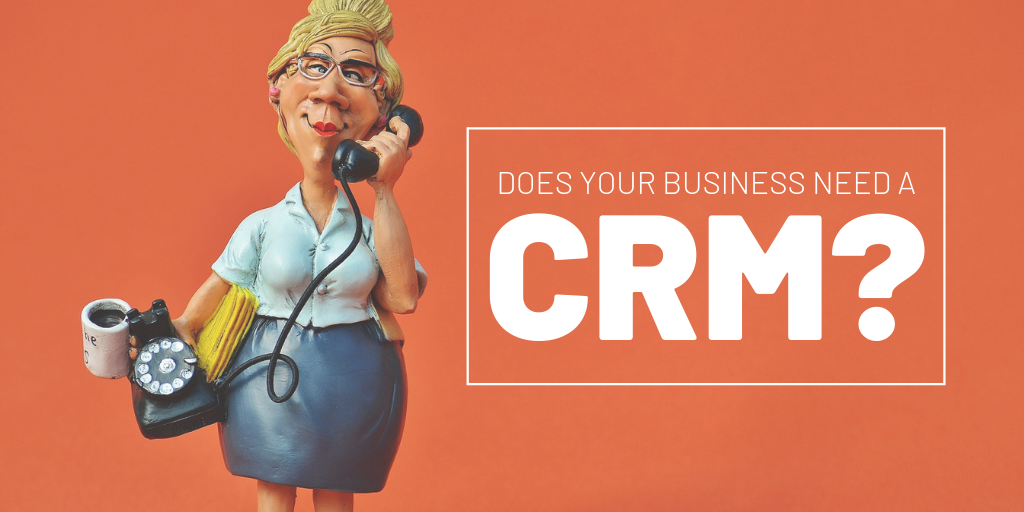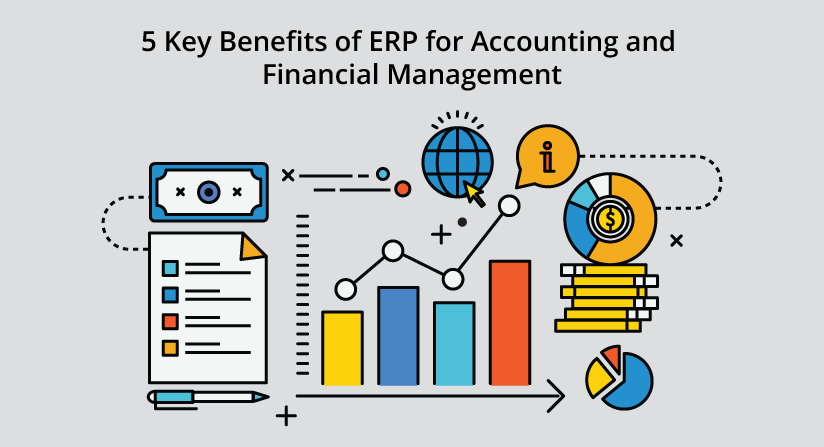What Does CRM Stand For and What Does it Mean for My Business?
All businesses must focus on customer satisfaction to enjoy growth and success. Today, providing an exceptional customer experience need not be burdensome or require a massive capital investment – thanks to CRM software. What Does CRM Stand For and What Does it Mean for My Business? Here’s what CRM software means for your business and how you can leverage it in the face of the COVID-19 pandemic.
What CRM Stands For
CRM is an initialism that stands for ‘customer relationship management.’
Global research and advisory firm Gartner defines CRM as “… a business strategy that optimizes revenue and profitability while promoting customer satisfaction and loyalty.”
About CRM software and technologies, Gartner says they “…enable strategy, and identify and manage customer relationships, in person or virtually. CRM software provides functionality to companies in four segments: sales, marketing, customer service, and digital commerce.”
For small to midsized enterprises (SMEs), CRM software supports the processes associated with this integration business function. In many industries, investing in CRM is a viable strategy for differentiating your product or service offering by providing an exceptional customer experience. If you’re outgrowing your technology, it’s hard to keep your focus where it belongs: on customer relationships. That’s where CRM is vital.
What is CRM software?
CRM software or technology is a tool or system of tools that help businesses aggregate, organize, and analyze customer information data to better manage relationships with customers.
When data for potential and existing customers is collected and stored in a CRM system, tracking information across every touchpoint in a customer’s journey (details shared through forms, engagement with marketing campaigns, interactions with customer support, buying patterns) can help you cater to their needs, build better relationships, and market smarter.
What does a CRM system do?
In short, CRM (Customer Relationship Management) systems serve as a hub for organizing and making sense of valuable audience data and insights, providing all the tools needed to collect and manage information about people who are important to your business.
This function can look very different across departments. For example, CRM can:
- help sales reps quickly see past interactions and purchases before making a phone call,
- provide support teams with the background and contact information needed to provide great customer service, or
- give marketers access to details that will help them target their campaigns.
Organizing and understanding CRM data insights has become a key responsibility for any customer-facing role within a company. But as the importance of audience info grows, so does the amount of details that businesses need to keep track of. With many online channels and multiple ways for customers to engage on each, data often gets siloed in different tools, making it difficult (or impossible) to get a complete picture of your customer and talk to them in a meaningful way.
That’s why businesses of all sizes and across all industries are turning to CRM tools to create a central hub for audience reports—gaining a better understanding of who their customers are and what they want, and building stronger relationships as they grow. CRM software also helps them engage with potential customers, gain time with automation, increase customer engagement and close more deals.
Why is CRM important for marketers?
As a marketer, you collect valuable information with each campaign you send and every customer interaction that results from it (including clicks, views, and purchases across new, existing, and prospective customers).
Your customer knowledge is one of the most valuable resources you have for improving your marketing and sales to grow your business. Effectively collecting and organizing your info can tell you everything you need to know about your customers’ preferences: Which products they love, what they’re looking for, the messages that tell them what they need to know, and where you’re still missing the mark.
The sooner you can begin capturing, organizing and making sense of that data through a CRM platform, the sooner you can start using it to improve customer experience and build more—and better—customer relationships.
Do small businesses need a CRM tool?
CRM isn’t just for enterprise businesses or Fortune 500 companies. Using statistics to improve customer relationships has become an essential function for businesses of all sizes and niches. In fact, there’s no better time to do contact management than when you’re just starting out.
From the moment you create an online presence for your business, you start gaining access to valuable info about your customers and potential customers. CRM can help you lay a strong foundation for building and tracking relationships with those customers, collecting data about their preferences, and setting up marketing automation processes for consistent, personalized touchpoints over time.
CRM doesn’t need to be a full-time job: Whether you have a small sales team or you’re a solo entrepreneur relying on occasional marketing campaigns to sell your brand, putting your data to work for you can help you stay on customers’ radar, find new sales opportunities and save time. It also allows you to make knowledge-based decisions about where to focus your budget to reach customers on whatever channel they prefer—so however or whenever they’re ready to make a purchase, they’ll think of you.
CRM Software Features and Benefits
Maximizing customer relationships is crucial for success. So, which processes can your business support by adopting a CRM solution? CRM covers every function you need to build customer relationships across sales, marketing, customer service, and eCommerce.
As business automation becomes more prominent, CRM is a smart way to automate many of the processes your customers expect. Business process features and benefits you can expect from adopting a CRM software solution include:
- Sales and opportunity management – Track opportunities and activities from the first contact to deal closing.
- Marketing campaign management – Create, manage, and analyze marketing activities.
- Customer management – Store critical customer data in one place; synchronize and manage customer contacts stored in Microsoft Outlook.
- Service management – Manage warranty and service contracts efficiently; enter and respond to service calls quickly.
- Reporting and analysis – Create detailed reports on all aspects of the sales process, including sales forecasting and pipeline tracking, using time-saving templates.
- Mobilize your sales team – Have your salespeople manage sales information while they’re servicing clients in the field.
Connecting the Dots
If you’re outgrowing your business systems, you might find it difficult to keep the focus on your customer relationships. Adopting a CRM will fix that, allowing you to focus on your customers while growing your business. Learn more about CRM features to see how your business can map these processes to support better customer relationships.
Regardless of your industry, Ayoshya Technologies offers enterprise technology solutions, including CRM software, to help businesses balance business growth while improving their customer experience. In a recent Ayoshya Technologies webinar, we outlined how an ERP solution like SAP Business One, when used with the Ayoshya Technologies Employee Portal, gives your sales team access to up-to-date customer information to provide a better customer experience. Click the link below to access the presentation recording today and find out how to improve your customer experience and differentiate your business during the pandemic.




